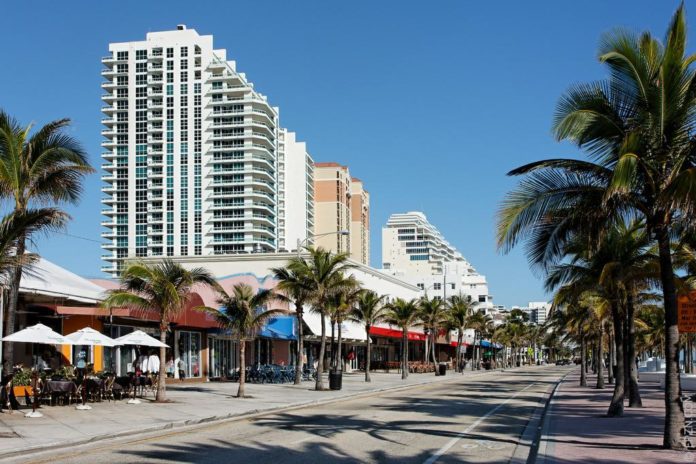Verizon applied 4×4 MIMO to three-channel carrier aggregation for 12 LTE data streams
As it continues to test License Assisted Access (LAA), Verizon today announced it passed the 1 Gbps mark in tests with Ericsson and Qualcomm, using the later’s X20 LTE modem, which supports Cat 18 LTE data throughput. The lab test achieved a 1.2 Gbps data rate, topping an LAA test earlier this month that hit 953 Mbps using Ericsson equipment and a Qualcomm X16 modem.
Operators around the world are working to quickly test and deploy gigabit LTE technologies, primarily 4×4 multiple-input, multiple output, carrier aggregation and 256 QAM. MIMO multiplies the number of antenna ports on the transmit and receive sides of a radio link; combined with carrier aggregation, which bonds together disparate frequency channels to create a wider total data lane, Verizon used 4×4 MIMO to create “12 simultaneous LTE streams…for up to 20% increase in peak data rates and capacity,” according to an announcement.
Officials from Qualcomm and Ericsson both discussed the test in the context of pushing from gigabit LTE to 5G.
“Ericsson is working across the industry to improve the end-user experience and to develop new functionalities and advancements with greater spectral efficiency on LTE,” Fredrik Jejdling, Head of Business Area Networks, Ericsson, said. “Achieving 1.07 Gbps with Verizon and Qualcomm Technologies on a commercial chipset is a big milestone on the road to 5G.”
Verizon VP of Network Support Mike Haberman told RCR Wireless News earlier this month the carrier will be installing LAA radios at select cell sites around the U.S.
“You’re going to see these pop up all across the country,” Haberman said. He said Verizon’s regional teams will be upgrading cell sites over the next several months according to their own timetables.

